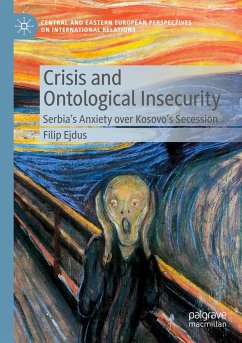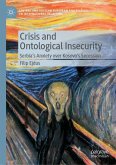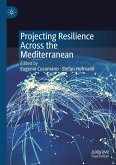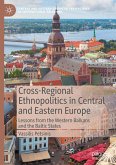This book develops a novel way of thinking about crises in world politics. By building on ontological security theory, this work conceptualises critical situations as radical disjunctions that challenge the ability of collective agents to 'go on'. These ontological crises bring into the realm of discursive consciousness four fundamental questions related to existence, finitude, relations and autobiography. In times of crisis, collective agents such as states are particularly attached to their ontic spaces, or spatial extensions of the self that cause collective identities to appear more firm and continuous. These theoretical arguments are illustrated in a case study looking at Serbia's anxiety over the secession of Kosovo. The author argues that Serbia's seemingly irrational and self-harming policy vis-à-vis Kosovo can be understood as a form of ontological self-help. It is a rational pursuit of biographical continuity and a healthy sense of self in the face of an ontologicalcrisis triggered by the secession of a province that has been constructed as the ontic space of the Serbian nation since the late 19th century.
"This book is essential reading for social scientists with a particular interest in Kosovo and Southeastern Europe, as well as for political scientists in international relations. It is also crucial for policy-makers ... . Ejdus presents valuable insights into the Serbian politics of avoidance ... . It is to be hoped that the book will also inspire international policy-makers to reflect more consciously upon their own politics of avoidance when it comes to the status of Kosovo." (Pieter Troch, Comparative Southeast European Studies, Vol. 69 (2-3), 2021)








